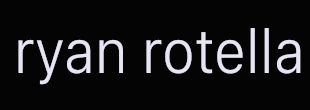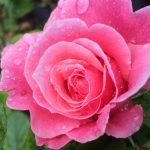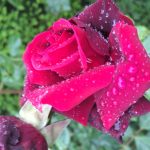Break
“I decided to stop becoming an adult. That day I chose/ to blur facts, fail at tests, and slouch under a hood” (30). It is funny that the speaker in the poem, “Second Childhood,” defines acting like a child in this way because a lot of so-called adults seem to act this way (except the slouching part, I guess, unless the back’s permanently slouched from too much slouching in the past). Of course, I qualify that this quote is grounded in the context of school while I am applying it to the broader world (looking at you, government). So, I disagree with that definition of childhood–granted it is childish–and Fanny’s writing reflects a truer definition.
“But you can ride your scooter/ up the hill and down/ in the arctic rain/ each drop a dimple/ on a–/and a silver handle” (8). Being a child means having fun and a sense of wonder in what Brian aptly called “the processes of life.” In this work, Fanny Howe achieves that by far; she has so much fun with these poems, describing details of late-night scooter riding in vivid detail and breaking that line of thought to move to the next wonderful sight. I admire that sense of wonder, and I always strive to have that fascination and fun in every task. It is one of the most noble pursuits.
Even so, perhaps this would be a good question for class: what does childhood mean to us after we’ve gone through it? Following that, can we accurately really return to true childhood, or do we ever leave it?




No Comments